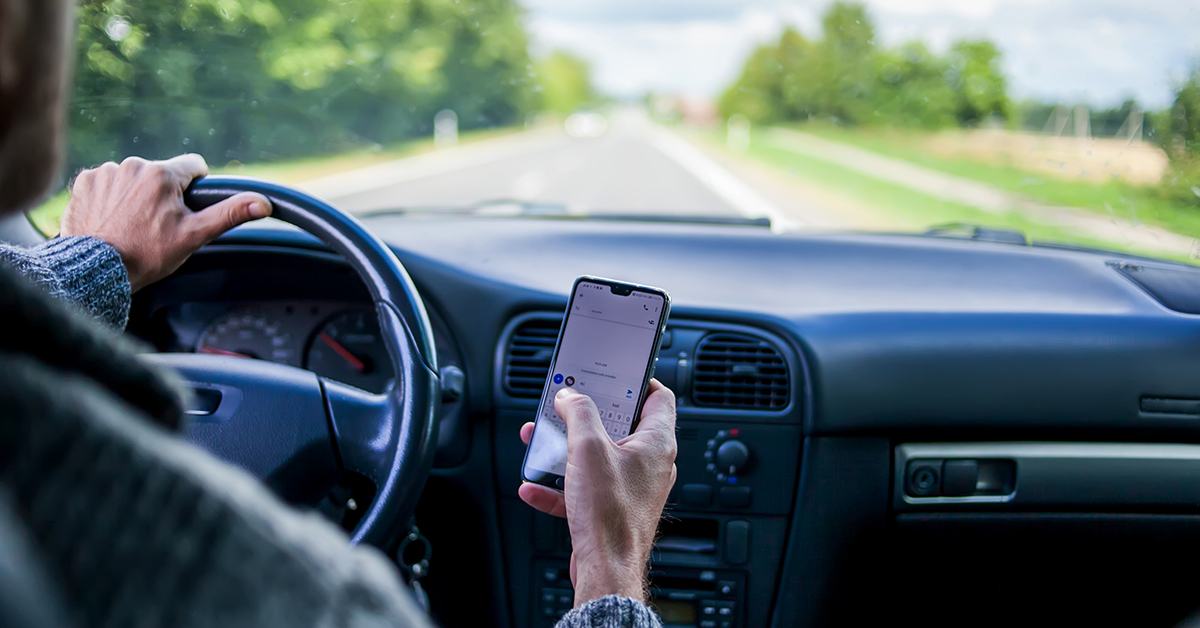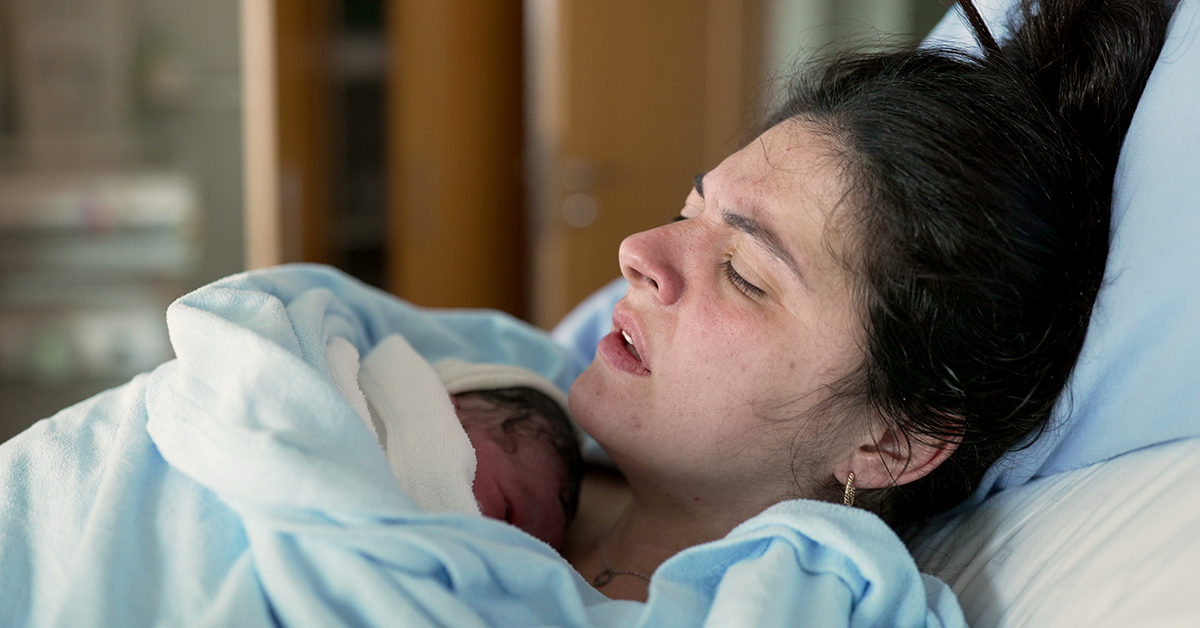Many actions and behaviors can cause motor vehicle accidents if they prevent a driver from paying attention to the road and their surroundings in general.
Operating a motor vehicle is a task which requires significant focus and attention. Remember, even if you are a responsible motorist who obeys the rules of the road, you can’t control the decisions that others make behind the wheel, nor can you be certain you won’t come across unexpected hazardous conditions while driving.
Distracted driving is among the most common causes of motor vehicle accidents. This guide will cover various behaviors that can prevent a motorist from focusing on the road, the potential consequences of driving while distracted, and what victims can do to seek compensation in Massachusetts if they are ever injured in accidents caused by distracted drivers.
Actions that may constitute distracted driving include (but are not necessarily limited to) the following:
Using a phone or other digital device
The potential for distracted driving to cause major accidents cannot be overstated. According to data from the US National Highway Traffic Safety Administration, in 2020, distracted driving accidents claimed 3,142 lives on America’s roads.
Research also indicates that distracted driving accidents are becoming more common than in the past. This is likely due to a steady increase in smartphone ownership.
Smartphones and other such devices can distract motorists for many reasons. Naturally, if a driver is checking or sending text messages, checking or responding to emails, browsing the Internet, entering addresses into navigation apps, or performing any other such task, they will not be able to focus on their surroundings.
That said, even if a driver is not actively using their phone, it might nevertheless distract them if it rings, buzzes, or otherwise alerts them. Drivers should therefore turn off their phones and other digital devices when on the road. At the very least, they should make use of apps that prevent their phones from sending notifications when a user is driving.
Eating and drinking
Even those who choose to use their phones while driving typically know that doing so is not wise. That said, many otherwise responsible drivers will still engage in a common distracted driving behavior that can be far more dangerous than they may realize: Eating food or consuming beverages while driving.
Countless motorists eat and drink while on the road without ever considering how doing so could put them and others at risk of being harmed in an accident. This is a mistake that could be fatal.
For instance, perhaps a driver is sipping their morning coffee when they hit a pothole. This could result in them spilling the coffee and burning themselves. Should this occur, a driver may be distracted for a few moments. That’s enough time for an accident to occur.
Don’t assume eating or drinking while behind the wheel is safe. If you’re hungry or thirsty, find a safe place to park where you can eat and drink without potentially causing an accident.
Interacting with passengers
A driver’s main focus should always be the road. This is not to say a driver needs to ignore their passengers entirely. To some degree, it is reasonable to interact with others in the car while still prioritizing safety.
That said, both drivers and their passengers must consider how too much interaction can negatively impact a driver’s ability to avoid becoming distracted. Drivers themselves should limit how much they speak with their passengers if they feel that their attention is drifting from their surroundings. Passengers should also avoid making too much noise or otherwise behaving in a manner that can distract the driver.
Of course, young children may not realize that their behavior is preventing a driver from focusing on the road and the motorists with whom they are sharing it. If you are driving with small children who become rowdy, find a safe place to pull over where you can calm them down before starting to drive again.
Don’t make the mistake of thinking this means you don’t need the insurance information of the other drivers. If your injuries and/or losses are particularly severe and meet a certain threshold, you might be able to recover additional compensation beyond that provided by your own insurance provider. You can do so by filing a separate claim or lawsuit against the negligent party who caused your accident. You will need their insurance information to properly take such legal action.
Research also indicates that distracted driving accidents are becoming more common than in the past. This is likely due to a steady increase in smartphone ownership.
Seeking Compensation After a Distracted Driving Accident
Again, engaging in behavior that can result in distracted driving may cause death or serious injury. At the very least, if a police officer notices that you are not focusing on the road, you could face legal penalties.
This doesn’t need to happen. You can stay safe and out of trouble by always paying attention to other drivers and the road in front of you when operating a motor vehicle.
That said, it’s still possible you might one day be harmed in an accident resulting from another driver’s negligence. Get in touch with a Boston car accident attorney at Swartz & Swartz, P.C. if this ever happens. We can help you pursue the compensation for which you may be eligible. Learn more by contacting us online or calling us at (617) 742-1900 to schedule a free consultation.
Need Help?
If you or someone you know, needs help from a lawyer, contact the law offices of Swartz & Swartz, use our live chat, or send us a message using the form below and we’ll get in touch to assess your case and how we can help.
Keep Reading
Want more? Here are some other blog posts you might be interested in.




